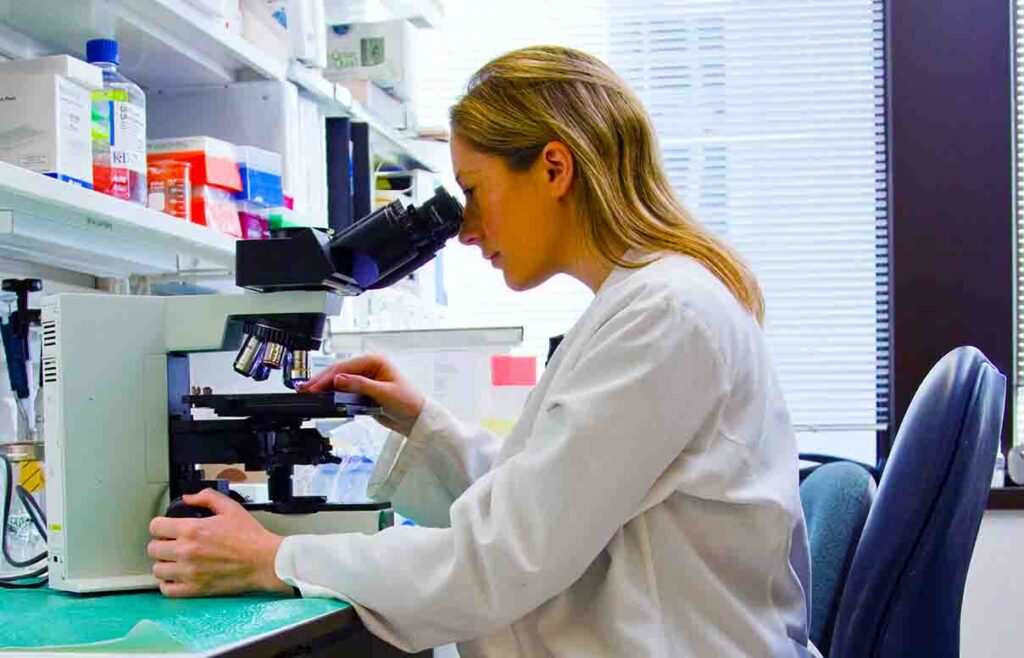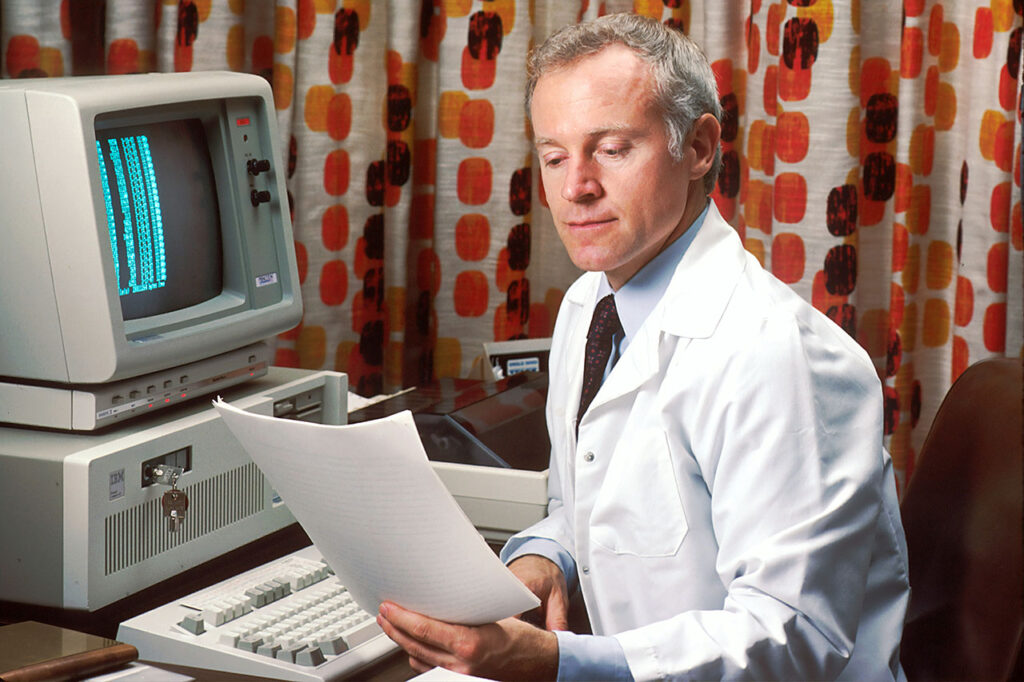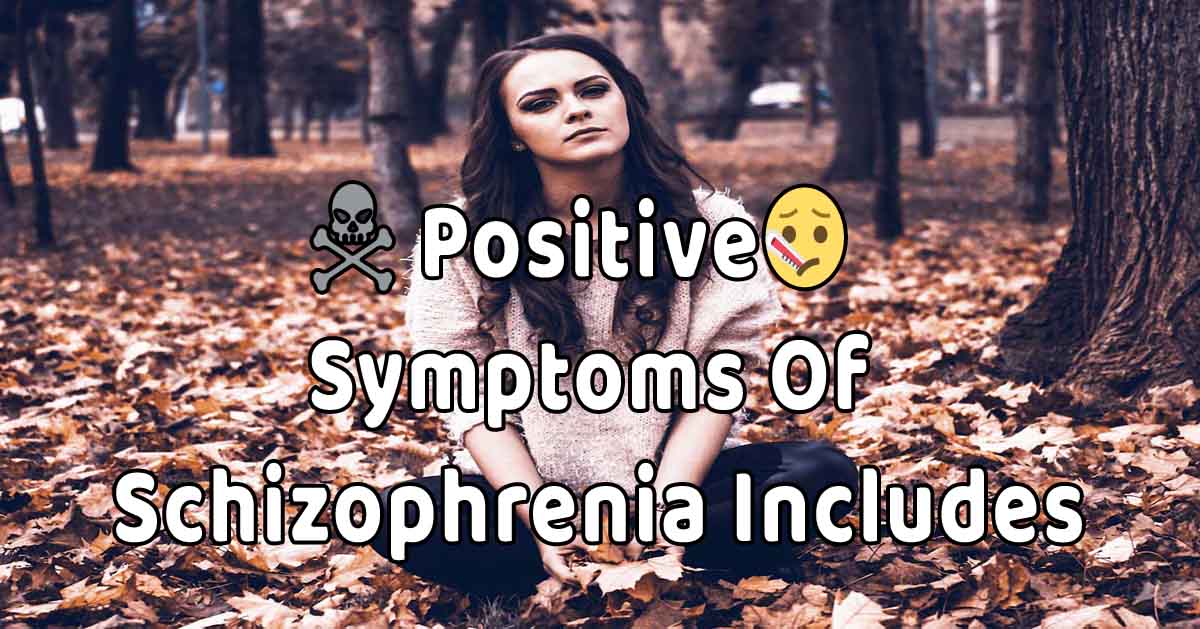One of the Positive Symptoms of Schizophrenia Includes
Schizophrenia is a complex mental health disorder characterized by a range of symptoms that affect an individual’s thoughts, emotions, and behaviors. Among these symptoms, positive symptoms stand out as experiences and behaviors that deviate from the norm. This article aims to explore one specific positive symptom of schizophrenia, shedding light on its impact and the broader context of positive symptoms.
Understanding Positive Symptoms
Positive symptoms in schizophrenia refer to the presence of abnormal experiences and behaviors that are not commonly observed in the general population. These symptoms add a layer of complexity to the disorder, influencing how individuals perceive and interact with the world around them. To delve deeper, let’s explore one prominent positive symptom: hallucinations.
Hallucinations: A Distortion of Reality
Definition of Hallucinations: Hallucinations involve the perception of stimuli that are not present in reality. In schizophrenia, individuals may experience auditory, visual, tactile, olfactory, or gustatory hallucinations.
Types of Hallucinations:
- Auditory Hallucinations: Hearing voices or sounds that others do not hear.
- Visual Hallucinations: Seeing things that are not there.
- Tactile Hallucinations: Feeling sensations on the skin without any external stimuli.
- Olfactory Hallucinations: Sensing smells that are not present.
- Gustatory Hallucinations: Perceiving tastes without any corresponding stimuli.
The vividness and realness of these hallucinations significantly impact an individual’s ability to navigate their daily life, leading to increased distress and challenges in functioning.

Delusions: Altered Beliefs and Perceptions
Definition of Delusions: Delusions are strongly held false beliefs that persist despite evidence to the contrary. In schizophrenia, various types of delusions contribute to a distorted perception of reality.
Common Types of Delusions:
- Paranoid Delusions: Believing that others are plotting against or persecuting them.
- Grandiose Delusions: Exaggerated beliefs about one’s importance or abilities.
- Bizarre Delusions: Implausible beliefs not rooted in reality.
Delusions play a significant role in shaping how individuals interpret events and interact with others, impacting relationships, employment, and overall quality of life.
Disorganized Thinking:
Definition of Disorganized Thinking: Disorganized thinking in schizophrenia refers to difficulties in organizing thoughts and expressing them coherently. This symptom is often evident in communication styles, leading to fragmented, illogical, or difficult-to-follow speech.
Impact on Communication and Cognitive Functioning: Disorganized thinking provides insight into cognitive dysfunction associated with schizophrenia. Understanding this aspect is crucial for tailoring interventions to improve communication and overall cognitive functioning.
Abnormal Motor Behavior:
Definition of Disorganized Motor Behavior: Disorganized motor behavior involves unpredictable movements, agitation, or even catatonia—a state of unresponsiveness to external stimuli. These observable manifestations add another layer of complexity to schizophrenia.
Observable Manifestations and Challenges: The unpredictability of motor behavior presents challenges in providing care and support. Comprehensive treatment approaches are needed to address both cognitive and behavioral aspects of the disorder.
Impaired Reality Testing:
Explanation of Impaired Reality Testing: Impaired reality testing reflects the difficulty individuals with schizophrenia have in distinguishing between what is real and what is not. It is a collective outcome of hallucinations, delusions, and disorganized thinking. One Of The Positive Symptoms Of Schizophrenia Includes
How Symptoms Contribute to Impaired Reality Testing: Understanding how positive symptoms contribute to impaired reality testing is essential for clinicians. It informs diagnostic processes, treatment planning, and therapeutic interventions aimed at helping individuals regain a more accurate understanding of their environment.

Conclusion( Positive Symptoms Of Schizophrenia )
In conclusion, exploring one of the positive symptoms of schizophrenia provides a comprehensive understanding of the disorder’s impact on individuals and their daily lives. Hallucinations, delusions, disorganized thinking, and motor behavior collectively contribute to the complexity of schizophrenia. Diagnosing and treating the disorder involves addressing these positive symptoms with a combination of medication, therapy, and support. One Of The Positive Symptoms Of Schizophrenia Includes
Empathy, education, and ongoing research are vital in improving outcomes for individuals with schizophrenia. By dispelling misconceptions, reducing stigma, and promoting therapeutic interventions, we can create a more supportive environment for those living with positive symptoms.
What to know about the positive symptoms of schizophrenia
Frequently Asked Questions (FAQs)
- Can positive symptoms of schizophrenia be completely cured?
- While there is no cure for schizophrenia, effective treatment and support can help manage symptoms and improve overall functioning.
- How do hallucinations and delusions affect daily life?
- Hallucinations and delusions can significantly impact daily life by distorting reality, affecting relationships, and creating challenges in various aspects of functioning.
- What role does therapy play in managing schizophrenia?
- Therapy, particularly cognitive-behavioral and psychosocial approaches, plays a crucial role in addressing and managing positive symptoms of schizophrenia.
- How can family members support individuals with schizophrenia?
- Family support is essential. Understanding the disorder, maintaining open communication, and participating in treatment plans are ways family members can provide support.
- Is schizophrenia hereditary?
- There is a genetic component to schizophrenia, but environmental factors also play a role. Individuals with a family history may have a higher risk, but it does not guarantee the development of the disorder
Early Signs of Schizophrenia in Children

